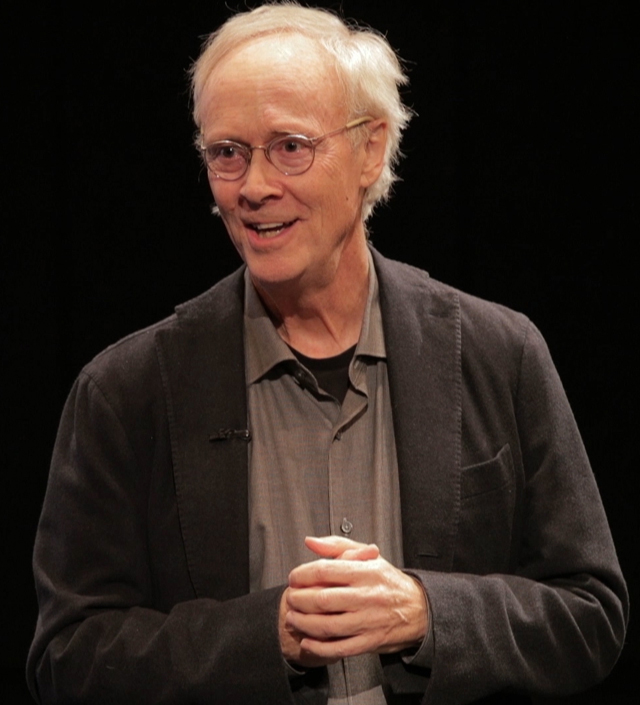I recently had the pleasure of reading “Rules For A Knight” by Ethan Hawke. It is a novel written in the form of a letter from the fictional Sir Thomas Lemuel Hawke to his four children.
Chapter 14 is entitled “Discipline” and contains this admonition:
“Often we imagine that we will work hard until we arrive at some distant goal, and then we will be happy. This is a delusion. Happiness is the result of a life lived with purpose. Happiness is not an objective. It is the movement of life itself, a process, and an activity. It arises from curiosity and discovery. Seek pleasure and you will quickly discover the shortest path to suffering. Other people, friends, brothers, sisters, neighbors, spouses, even your mother and I are not responsible for your happiness. Your life is your responsibility, and you always have the choice to do your best. Doing your best will bring happiness. Do not be over-concerned with avoiding pain or seeking pleasure. If you are concerned on the results of your actions, you are not dedicated to your task.”
This passage reminds me of some of the best retirement advice. Retirement is not some distant goal that will make us happy. Now and always, we should find happiness in the work we do.
I am financially well-off enough to retire now, but I don’t. This makes me financially independent; I no longer needed to work for money. I work solely for the value of the work.
Working hard makes me happy. Or more accurately: When I work with discipline, I find joy in the work that I do. The work gives me a sense of purpose. It provides a creative process. It involves curiosity and discovery. I like giving a problem my best and finding a solution. I like working. I don’t plan on retiring. If I retired, I would simply find other creative work to do.
The Satisfaction of Doing Your Best
Yes, work can be work. At times the work is painful, tiresome, or taxing. Such is the nature of work. But there is a satisfaction when the work is accomplished and a plan has been discovered. It is the satisfaction of knowing that you have done your best. Doing your best brings happiness. And if it were easy, it would be a less interesting story.
Think of health and wellness, both spiritually and physically, like your muscles. Stress and exercise lead to improvement. As Nassim Taleb suggests in his book “The Bed of Procrustes,” “Don’t talk about ‘progress’ in terms of longevity, safety, or comfort before comparing zoo animals to those in the wilderness.”
Zoo animals eat free and don’t have to work. They just sit around, and they die young. The best zoos can prolong the lives of the animals by creating ways for them to work for their food. They introduce stress into their lives to keep them healthy.
At the San Francisco Zoo, for example, the zookeepers hide the gorillas’ food all around their enclosure, scattering it across the ground, trees and bushes, making the apes spend the whole afternoon hunting for it.
Sometimes, I hear people lament about family members who worked right up until the day they died. They don’t know why they didn’t quit work sooner and get to have a retirement. Why didn’t they give themselves a chance to travel, relax on the beach, or just take more days off. They tell the story as though it was a tragedy.
And I think that perhaps they didn’t want to retire. Perhaps they were like me and enjoyed their work. Perhaps pushing them to retire and taking away their work would have done them mental or physical harm.
I have traveled; I know the joys of travel. I have relaxed on the beach; I know the joys of relaxing on the beach. I have taken days off; I know the joys of taking days off. And I also know the joys of working. I enjoy working. There may come a day when I don’t feel like working. But Warren Buffet is 92 and still enjoys working. He has pledged to give away most of his money, which is another reason to continue to work. If I didn’t work, I wouldn’t have extra money with which I can be generous.
Regardless of what you do with the money earned, continuing to work is a worthwhile journey. It is part of doing our best. It too can bring happiness.
David John Marotta is the founder and president of Marotta Wealth Management. He played for the State Department chess team at age 11, graduated from Stanford, taught Computer and Information Science, and still loves math and strategy games. In addition to his financial writing, David is a co-author of The Haunting of Bob Cratchit.







